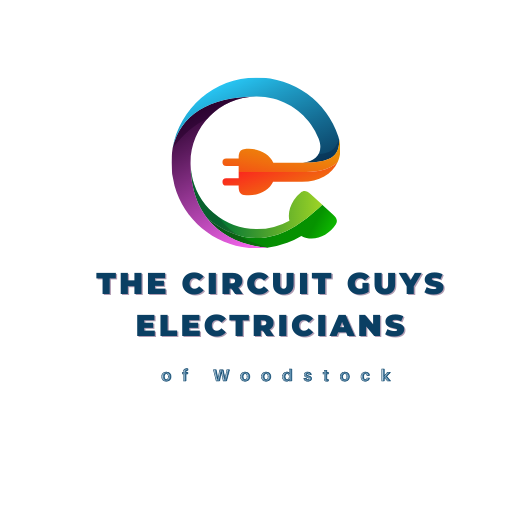If your home has an electrical hazard, you need to report it to the right authorities as soon as possible. If left untreated, electrical hazards can lead to fire or carbon monoxide poisoning. For example, if there is an exposed wiring or faulty breaker box, an electrical hazard will result. Likewise, a damaged outlet or faulty wiring will also present an electrical hazard. An electrical hazard can come in many forms, but it’s important to report it as soon as possible so that it can be resolved before it leads to serious injury or property damage. There are many ways you can report an electrical hazard; however, not all jurisdictions have the same reporting requirements. For this reason, it’s important to know the different types of hazards and which authority you should report them to so they can be addressed as soon as possible. An electrical hazard can be as simple as a faulty outlet or as complex as an underground electrical cable that has come into contact with water. If you think you’ve discovered an electrical hazard at home, here are some things you should know before reporting it:
What is an electrical hazard?
An electrical hazard is any situation that poses a danger to you or your property from an electrical source. There are many different types of electrical hazards, but they can be broadly grouped into two categories: imminent safety hazards and long-term hazards. Imminent safety hazards are those that pose an immediate threat to your safety and well-being. Examples of imminent safety hazards include faulty electrical wiring, faulty electrical boxes, and exposed wires. Long-term hazards, on the other hand, are hazards that can lead to serious injury or property damage. Examples of long-term hazards include faulty electrical panels and faulty breaker boxes.
Types of electrical hazards
There are many different types of electrical hazards. Some of the most common types are: Overloaded outlets - An overloaded outlet can lead to a fire or an electrical fire. Faulty breaker or fuse box - A faulty breaker or fuse box can lead to a power outage or an electrical fire. Exposed wires - Exposed wires can lead to an electrical fire. Broken wires - Broken wires can lead to an electrical fire. Overloaded wires - Overloaded wires can lead to an electrical fire. Faulty wires - Faulty wires can lead to an electrical fire. Underground wires - Underground wires can lead to an electrical fire.
When to report an electrical hazard
If you discover an electrical hazard in your home, there are a few things you should do. First of all, you should shut off the power to the affected area. Next, you should call the appropriate utility company and report the hazard. If you’re not sure which utility company to call or if the power is still on, you can call your local emergency number. Finally, you should call the local fire department and report the hazard. This is particularly important if you’re reporting an electrical fire as it will help the fire department determine the best course of action.
How to report an electrical hazard
There are many ways you can report an electrical hazard. You can report it to your local utility company, the fire department, the police department, and/or the National Electrical Safety Foundation (NESF). Each of these organizations has different reporting protocols, so you should check the website for the specific instructions for your area. If you’re reporting a fire, you should call 911 immediately. If you’re reporting an electrical hazard that doesn’t involve a fire, you should report the hazard to the utility company, the fire department, and/or the NESF. Make sure to keep a record of all of the information you report so you can provide it to the appropriate authorities at a later date.
Conclusion
An electrical hazard is a serious safety issue that needs to be addressed as soon as possible. If you discover an electrical hazard in your home, you should report it to the appropriate authorities so they can take action. There are many ways you can report an electrical hazard, but you should always be prepared for an unexpected emergency. You should always keep a first aid kit and a fire extinguisher in your home, and you should know how to use both of them. Additionally, you should know the location of the nearest fire department and the phone number for your local emergency number.
